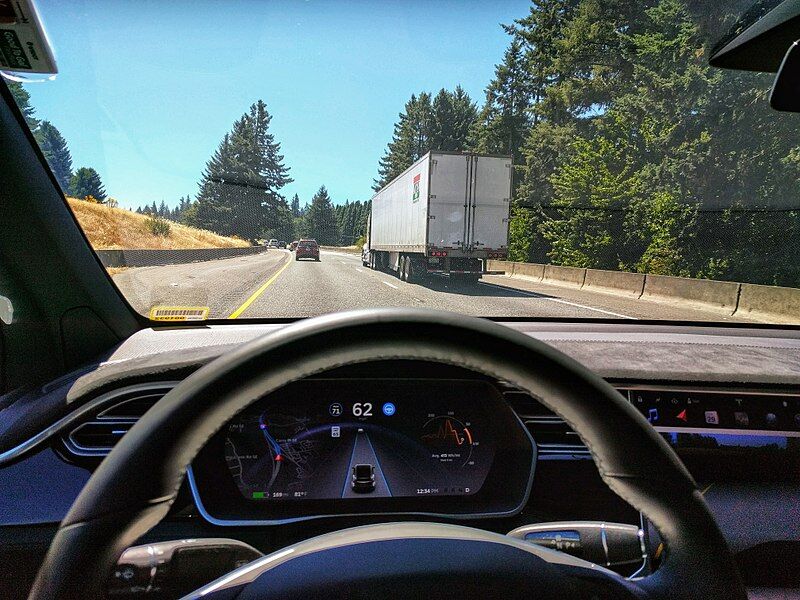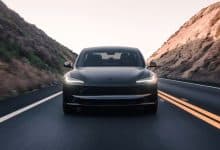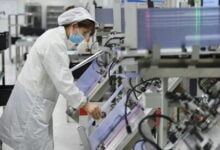San Francisco trial investigates Tesla’s Autopilot role in fatal collisions

In the heart of San Francisco, begins the unfolding legal investigation into Tesla Inc’s inability to rectify limitations in its Autopilot technological system, post a fatal Florida-based collision three years prior, affirm multiple engineers tied to a lawsuit bolstered by a family who lost a loved one in an identical incident in 2019. The trial is due to go before a jury.
Evidence is mounting, suggesting that Tesla neglected to implement technological tweaks to its driver-assistance software to accommodate cross-traffic safety measures. Given this, two well-publicised accidents and fatalities ensued, where drivers operating Teslas collided with the sides of trucks. The testimony derives from several engineers privy to details revolving around the case.
For the best part of a decade, Tesla, alongside its Chief Executive Officer Elon Musk, has promoted autonomous driving as a forward-looking solution, however, the duo is feeling the heat.

Legal pressure is being piled on from multiple angles, ranging from customers to entrepreneurs, regulators and even federal prosecutors, all scrutinising whether the company has overly promoted its strides toward self-navigating vehicles for the past eight years.
Furthermore, Tesla finds itself under the investigative spotlight of the National Highway Traffic Safety Administration due to potential defects in Autopilot, connected to at least 17 deaths since June of 2021.
This impending trial, scheduled for October and the first of its kind where a death has been directly attributed to Autopilot, will place Musk’s continuous assertion of “Tesla’s are the safest cars ever made,” on the stand. This viewpoint will be challenged by experts wielding technology credentials, who are expected to affirm that the company’s branding strategy has unnecessarily influenced drivers toward a false sense of security.
Tesla’s legal counsel has been unreachable for comments regarding the impending proceedings.
The vehicle manufacturer deems that it has been forthcoming about the shortcomings present within Autopilot, with specific hurdles linked with discerning cross-traffic situations. Cautions have been housed in owner’s manuals and in-car display units, advising drivers of the need to be alert and prepared to regain control of the vehicle at any time.

The technology company has been acquitted earlier this year in a trial regarding a non-fatal Autopilot crash. A jury based in Los Angeles vindicated the company amidst a woman’s claims that the driver-assistance feature in her Model S resulted in her forced diversion into a city street’s centre median.
A case in the pipeline that is poised to be put before a jury in Palm Beach County, Florida, was initiated by the estate of 50 year old Jeremy Banner, a father to three children. Banner activated Autopilot a mere 10 seconds before his Model 3 swerved into a tractor-trailer in 2019.
Furthermore, The National Transportation Safety Board orchestrated an investigation, concluding that it is likely that neither Banner nor Autopilot was aware of the truck crossing the two-lane highway on his commute to work.
Payne, a qualified engineer employed by the company, testified in 2021 stating that “Autopilot at the time was not designed to detect that,” referencing the potentiality of cross-traffic. His narrative was aligned with Nicklas Gustafsson’s testimonial, another engineer of Tesla, presented during a deposition later in the same year.
Banner’s widow recently manipulated her legal complaint to seek punitive damages, shifting the liability onto Tesla in preparation for the trial. She attributes Banner’s fatality to Tesla’s refusal to reconfigure Autopilot to automatically switch off during treacherous situations. This follows Joshua Brown’s collision with a truck in 2016.
The Banner family in their refreshed complaint declared…
“In the record, there is evidence that the defendant Tesla participated in deliberate misconduct and/or negligence on a gross level for marketing a vehicle equipped with an Autopilot system that Tesla was aware was defective and had contributed to a prior fatal incident.”
Among the expert witnesses at the helm of the Banner family’s lawsuit, includes Mary “Missy” Cummings, a former National Highway Traffic Safety Administration adviser. Cummings, a respected professor at Duke University fundamentally disagrees with the functioning of Autopilot.
In her court application, Cummings firmly states that Tesla “is guilty of deliberate misconduct and gross negligence” following their refusal to test and improve Autopilot between the incidents involving Brown and Banner.
Cummings further adds that Tesla has publicly asserted that “its Autopilot technology is far more capable than it truly is”.
Trey Lytal, a legal representative for the Banner family, has not been available for comment.
Latest Thailand News
Follow The Thaiger on Google News:


























